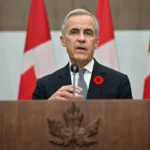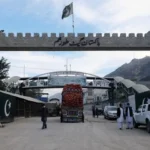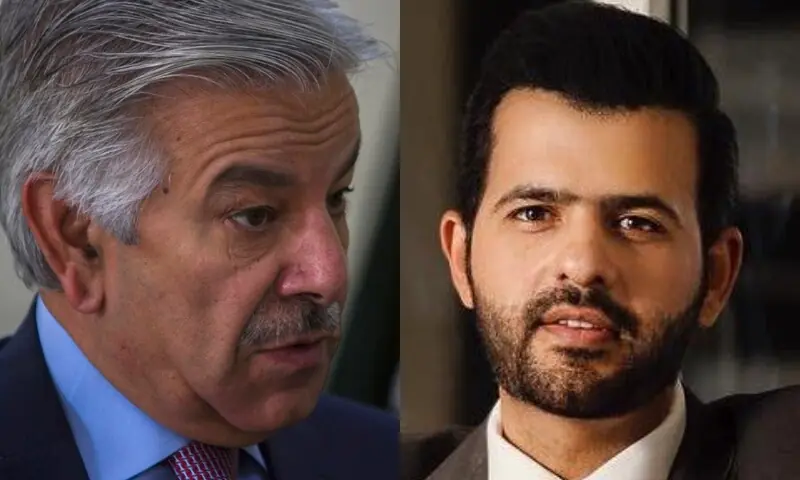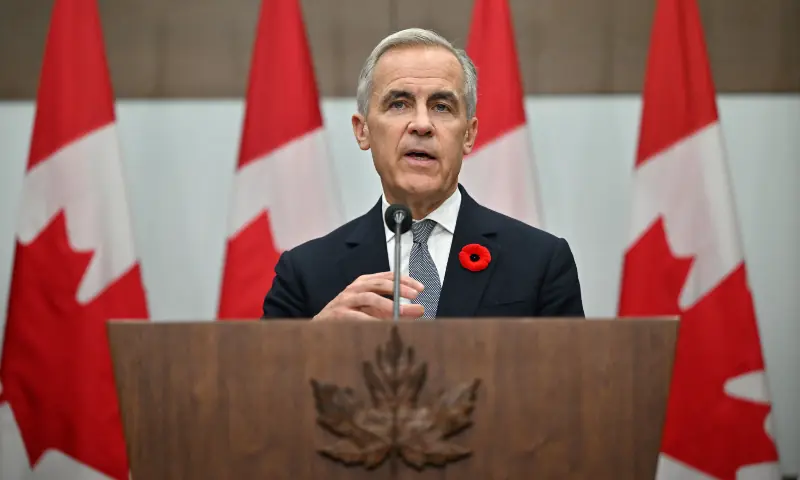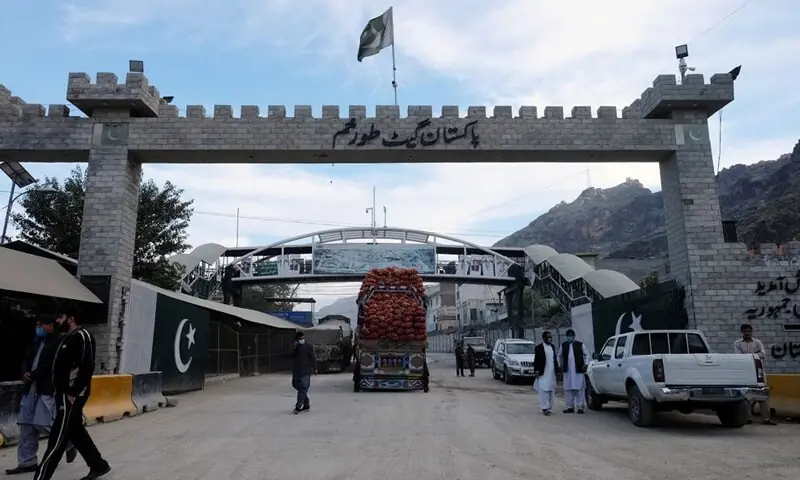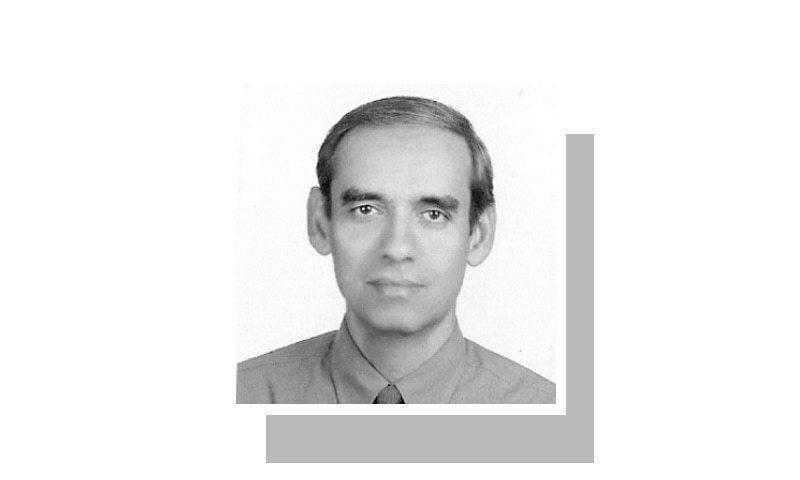Defense Minister Khawaja Asif on Friday dismissed and strongly condemned controversial comments made by government spokesman Danyal Chaudhry about the role of Pakistani troops in Gaza peacekeepers, which also included disarming Hamas.
Addressing the remarks of the federal parliamentary secretary for information and broadcasting in an interview on Geographic news In the ‘Naya Pakistan’ programme, the Defense Minister said: “I will say God forbid in these three comments; what kind of statement have you made? None of this is our objective or in our interest.”
In an interview on Tuesday Ary News On the ’11th Hour’ programme, Chaudhry had said of the Gaza peacekeeper’s mandate: “Pakistan and the other countries that will be chosen will ensure that there is no extremism or violence… or that there is no cross-border attack. Pakistan will enforce that.”
Chaudhry also said the safety of any Pakistani soldiers assigned to the force would be the top priority. “We will do our duty and protect Muslim brothers and ensure that there are no cross-border violations and terrorism.”
Asked if the mandate would also include the disarmament of Hamas, Chaudhry said: “Yes, absolutely, yes. [Hamas] will be disarmed, only then can the other force continue. Things will only move forward after disarmament.”
A cornerstone of the US-brokered Gaza Peace Agreement is the establishment of the International Stabilization Force (ISF), composed primarily of troops from Muslim-majority countries.
An announcement from the federal government on the decision is expected soon, according to officials close to the discussions.
Addressing the issue, while criticizing Chaudhry’s comments, Asif said Pakistan would follow any collective decision taken for the force. He also questioned on whose behalf the secretary of the federal Parliament was speaking in matters of peace enforcement.
“I have no information about this. Honestly, if we say those things on a personal level on any television, [channel] then it is inappropriate.”
Asked if the force’s role was really that of Chaudhry’s statements, Asif said: “Then I will not be in favor. There has been no discussion like this.”
He agreed when asked that the inclusion of Pakistani troops in such a force in the face of continued Israeli bombing would cause a complicated situation.
Officials familiar with the deliberations, who requested anonymity due to the sensitivity of the matter, have said discussions within the government and military establishment are at an “advanced stage.” According to them, the tone of the internal consultations suggests that Islamabad is willing to participate in the mission.
The ISF’s mandate would include maintaining internal security, disarming Hamas, securing border crossings, and assisting with humanitarian aid and reconstruction under the supervision of a transitional Palestinian authority.
Officials in Islamabad maintain that Pakistan’s possible involvement arises from both moral responsibility and diplomatic necessity. They noted that Pakistan was part of the original eight-nation peace proposal conceived in late 2024 and backed by several Muslim-majority states, which formed the basis of the US-brokered Gaza peace plan finalized earlier this month.
Since the ISF was a key pillar of that plan, officials said, Pakistan’s participation would be a sign of consistency and credibility. Another argument given by government circles supporting Pakistan’s inclusion in the FSI is its strong record in maintaining international peace.
Pakistan is one of the largest troop contributors to United Nations peacekeeping missions and has deployed more than 200,000 troops in more than 40 operations in Africa, Asia and the Middle East.
Officials maintain that this experience not only equips Pakistani forces to manage volatile post-conflict environments, but also lends credibility and legitimacy to the ISF.
Beyond moral and operational reasons, foreign policy imperatives also underpin the government’s arguments for participation. Officials maintain that joining the Gaza stabilization force could strengthen Pakistan’s relations with the United States.
Islamabad’s ties with Washington have been gradually improving since Trump’s return to the White House, after years of friction over Afghanistan and counterterrorism. They said participating in a U.S.-backed multilateral initiative could promote this thaw and open avenues for economic cooperation, defense support and regional influence.
However, officials warned that there is still no clarity on the legal framework for the deployment. “Ideally, this deployment would be carried out under a UN mandate,” one official said.
Still, such a deployment would not be without risks. Gaza remains highly volatile and domestic opinion in Pakistan presents an additional challenge.
Many Pakistanis, deeply sympathetic to the Palestinian cause, may perceive participation in a US-designed stabilization mission as serving Israeli interests or even as a betrayal of the Palestinian resistance. “It is a difficult but decisive election,” said another official.
Asif had said on Tuesday that the decision on sending Pakistani troops to the Gaza peacekeeping force was still being finalized and “is in the process.”
The issue of the Afghan Taliban
Meanwhile, on the recent agreement with the Afghan Taliban to continue the current ceasefire before new talks and the agreement on a mechanism for monitoring and verifying any violations, Asif suggested that there could be the inclusion of several countries in the monitoring mechanism to ensure its long-term sustainability rather than a breakup in 12 or 15 months.
He said giving a “free hand” to any border crossing by terrorists was tantamount to instigating or colluding with them. “If they do not stop this or do not control it, then it means that they have collusion and their agreement means that terrorists will come and shed blood in Pakistan,” the Defense Minister said.
To a question on whether the Afghan Taliban accepted the presence and use of their soil by the banned Tehreek-i-Taliban Pakistan (TTP) to carry out attacks against Pakistan, Asif: “They accept this privately.”
He said that the two were very entangled and that the entire TTP leadership was present in Kabul. “The sanctuaries in Kabul must have been provided by the Afghan Taliban, they (TTP) will not live in hotels.”
